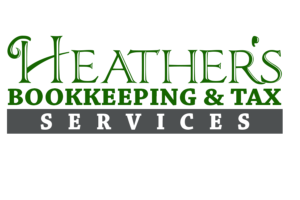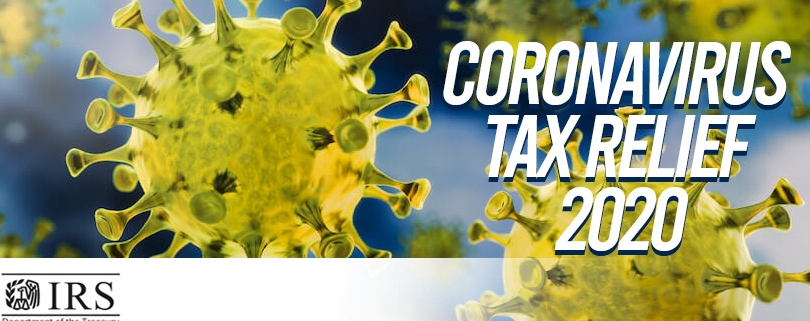California taxpayers get the Coronavirus tax extension on paying their taxes
Due to the coronavirus, businesses and individual Californians taxpayers will get 90 more days to pay their taxes as long as its filed before April 15th, 2020.
Treasury Secretary Steven Mnuchin announced that his department is pushing back the April 15 tax deadline to pay taxes owed for many individuals and businesses, giving them 90 extra days to send checks to the government.
Individuals can defer up to $1 million of tax liability and corporations get an extension on up to $10 million, Mnuchin said on 03/17/2020.
What do you have to do to get your tax extension due to the Coronavirus / Covid-19 Pandemic 2020?
*File your 2019 taxes by April 15, 2020, and you will automatically not get charged interest or penalties.
We can help: CALL: 530-399-0989
Who does the Covid-19 Tax Payment extension 2020 affect?
 The coronavirus tax payment extension, which affects millions of taxpayers, is part of the Trump administration’s effort to curb the economic effects of the coronavirus pandemic. Mnuchin said the delay will free $300 billion of liquidity in the economy as individuals and businesses have more time to pay their taxes.
The coronavirus tax payment extension, which affects millions of taxpayers, is part of the Trump administration’s effort to curb the economic effects of the coronavirus pandemic. Mnuchin said the delay will free $300 billion of liquidity in the economy as individuals and businesses have more time to pay their taxes.
How to delay your tax payment due to the coronavirus of 2020 for your business or for personal taxes?
Delaying your tax payment due to the coronavirus requirements will give businesses and individuals nearly three more months to meet their IRS obligations, potentially lessening cash-flow issues that some businesses are facing as many people stay home and spend less money on dining out, entertainment and transportation.
Individuals and businesses will still have to file by April 15, unless they submit paperwork for an automatic six-month extension, Mnuchin told reporters.
Taxpayers who are Wealthy individuals — ranging from the upper-middle class to the top 1% — could benefit the most from this move because they are more likely to owe the government money and be able to wait until the filing deadline to submit their returns, said John Koskinen, a former IRS commissioner.
Taxpayers who are Lower-income workers — especially those who qualify for refundable tax breaks such as the child tax credit and the earned income tax credit, tend to file early because they get a refund check.
“The number of blue-collar workers, working-class people, I imagine, who are filing in the first two weeks of April is probably a very small percentage,” Koskinen said.
Many higher-income people, especially those who own a business or invest in multiple partnerships, apply for an automatic six-month tax extension to file because their returns are more complicated. In a typical year, they’d have to submit 90% of their tax liability on April 15 or face interest and penalties on the late payment.
The administration is also considering delaying the estimated quarterly tax payments that self-employed workers and businesses pay the IRS throughout the year, according to two people familiar with the matter. The first tax payment is typically due April 15, 2020.
For more in-depth information please visit: https://www.irs.gov/ or https://www.irs.gov/coronavirus
The IRS has established a special section focused on steps to help taxpayers, businesses and others affected by the coronavirus. This page will be updated as new information is available. For other information about the COVID-19 virus, people should visit the Centers for Disease Control and Prevention (CDC) (https://www.coronavirus.gov) for health information. Other information about actions being taken by the U.S. government is available at https://www.usa.gov/coronavirus and in Spanish at https://gobierno.usa.gov/coronavirus. The Department of Treasury also has information available at Coronavirus: Resources, Updates, and What You Should Know.





